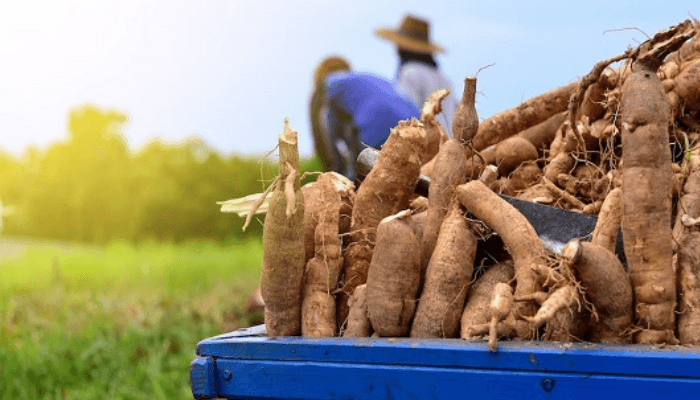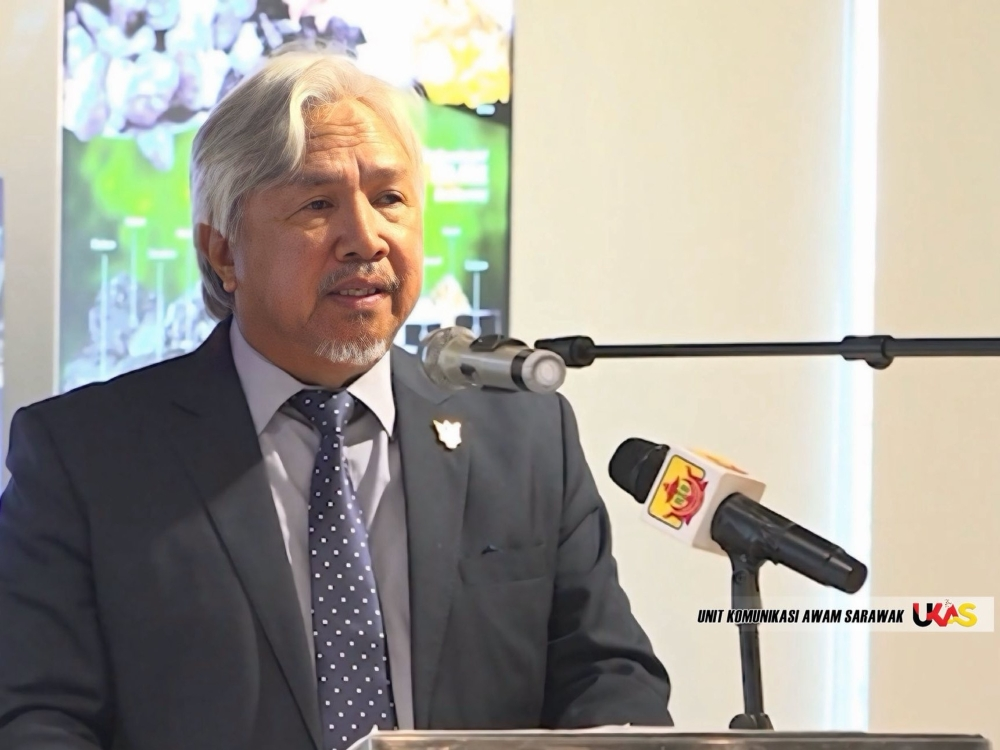Copyright businessday

Nigeria’s cassava industry is experiencing a surge in growth, which is mainly driven by innovative entrepreneurs who are tapping into the lucrative markets for high-value derivatives. By processing cassava tubers into starch, bioethanol, high-quality cassava flour (HQCF) and sweeteners, these entrepreneurs are unlocking new revenue streams and contributing to the country’s economic growth. Recent studies by the Nigeria Cassava Investment Accelerator (NCIA), an initiative of Lagos Business School, Pan-Atlantic University, reveal encouraging progress and emerging success stories in Nigeria’s cassava industry. For instance, Psaltry International exemplifies how a local agribusiness can evolve into a strategic player in Nigeria’s industrial transformation. Founded in 2005 as a small cassava trading venture, the company has grown into a fully integrated agro-processing enterprise serving multinational clients with starch, sorbitol, and high-quality cassava flour. A key driver of this growth is Psaltry’s end-to-end sourcing model, which combines over 3,500 in-grower and out-grower farmers. This robust feedstock system supports a processing facility with daily installed capacities of 25 tons of sorbitol, 20 tons of starch, 30 tons of high-quality cassava flour, and seven tons of garri—allowing the company to maintain consistent utilisation rates and meet diverse market demand. Psaltry also holds a first-mover advantage in innovation. It was the first in Africa—and second globally—to produce cassava-based sorbitol locally, reducing Nigeria’s reliance on imports and capturing greater value within the domestic economy. Beyond operations, the company has delivered measurable impact. Its model has helped reduce import dependence, create rural employment, and improve infrastructure and living standards in host communities. Psaltry’s trajectory stands as a blueprint for how entrepreneurial drive, when paired with structured supply chains and strategic investment, can unlock industrial growth in the cassava sector. Read also: Cassava industry insights and trends In addition to the success of Psaltry, the NCIA reveals that other cassava operators are also making bold strides in Nigeria’s agro-industrial landscape, most notably Niji Foods and Harvest Feed. Niji Foods, a subsidiary of the Niji Group, has developed one of Nigeria’s most integrated cassava processing ecosystems. The company leverages in-house capabilities across equipment manufacturing, mechanisation services, and agricultural training to support its operations. Additionally, it launched a modular starch facility with a 50-ton-per-day input capacity, backed by a 700-hectare block farm to secure feedstock. Through its structured Service Delivery Model, Niji Foods provides farmers with access to financing, mechanisation, input supply, and agronomic training—enabling productivity gains, reliable year-round sourcing, and increased incomes across its out-grower network. To sustain the success stories, Kolawole Adeniji, founder and chief executive officer of Niji Group, pointed out that beyond bioethanol, starch, sweeteners, and HQCF, another high-value cassava derivative that offer the most significant untapped potential for local entrepreneurs is fufu. “One of the most promising yet underexplored cassava products is fufu, particularly the odourless variety. With the right investment in resources and automation of its processing lines, fufu can be commercialised at scale,” Adeniji said. Harvest Feed and Agro Processing Limited (HFAP) has become an emerging force in Nigeria’s cassava industrialisation space. Founded in 2001 as a poultry feed enterprise, the company has since expanded into agro-processing, commissioning a standardized cassava starch facility in Ajura, Ogun State. HFAP now produces food and industrial-grade starch for clients across the food, chemical, and manufacturing industries. With a strong commitment to quality, innovation, and sustainability, HFAP is focused on scaling its operations and strengthening market credibility to effectively serve its customers. Together, these companies are reshaping perceptions of cassava, from subsistence crop to industrial growth engine. Adedamola Adeyemi, director Harvest Feed and Agro Processing Limited, also affirmed that “Nigeria is the world’s largest producer of cassava, yet only a small portion of this production is processed into higher-value industrial products such as starch, ethanol, and flour.” Cassava high potential With the right investment, Nigeria can transform cassava from a food security crop into a high-value industrial engine. The country already leads globally in cassava production but processes only a fraction (two percent) domestically. Industrialising this value chain at scale offers a path to reduce import dependence, expand rural employment, and tap into a billion-dollar derivatives market, anchored by homegrown enterprises. To accelerate this momentum, support is needed from across the ecosystem. Funders can catalyse growth by providing flexible capital tailored to agribusiness needs. Development partners and government actors can strengthen enablers such as infrastructure, market access, and incentives. At a time when there’s a campaign to reduce the country’s overdependence on oil, now is the time to back the next wave of cassava pioneers through financing, partnership, and collaborative platforms that drive real industrial transformation to boost Nigeria’s economy.



